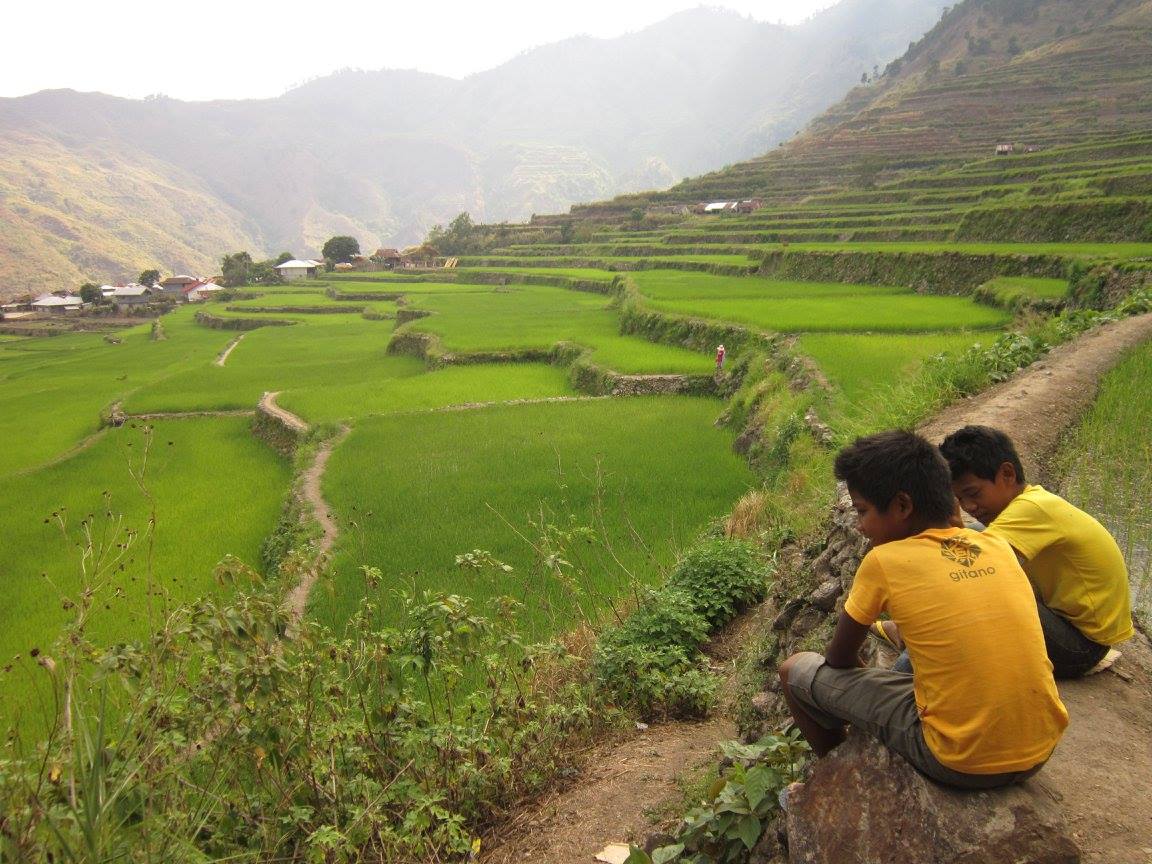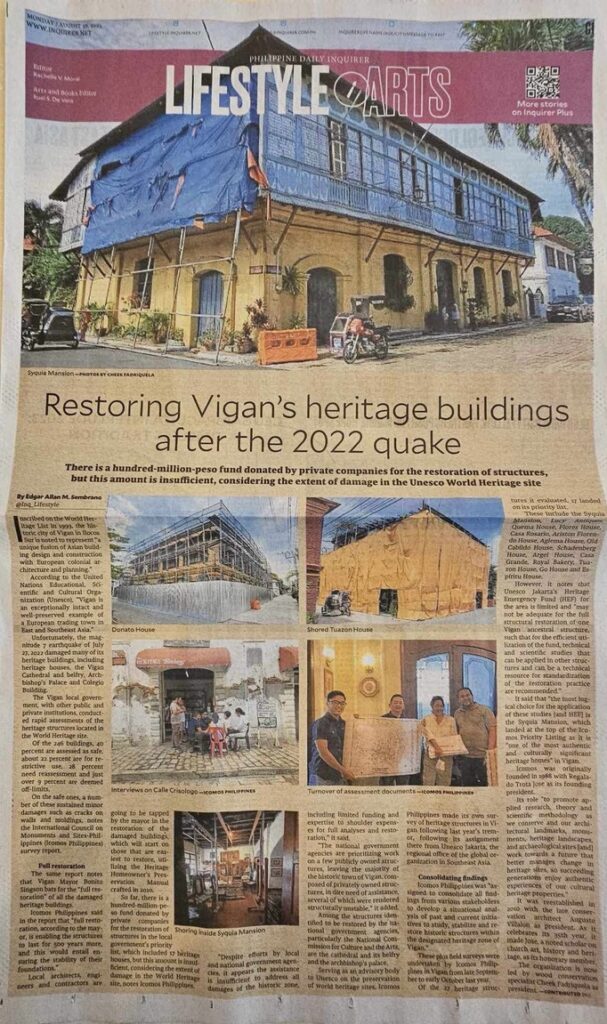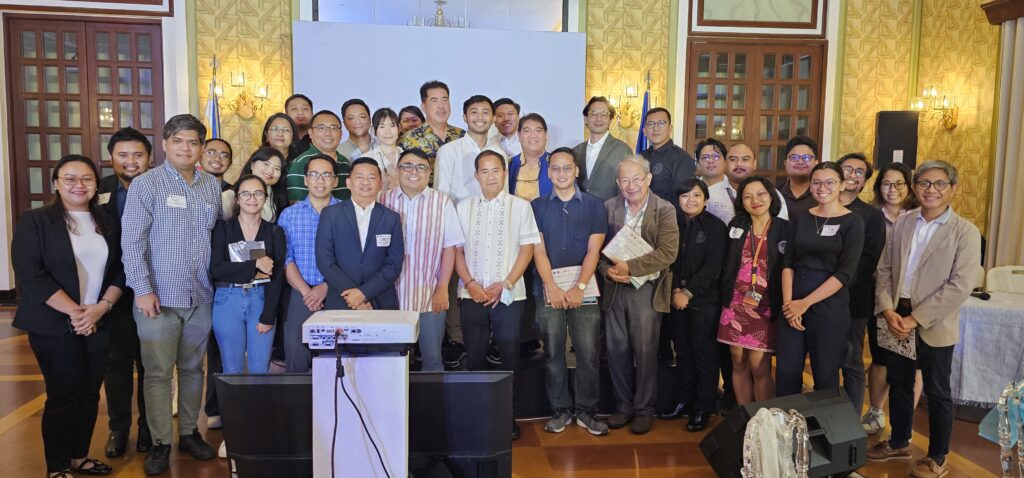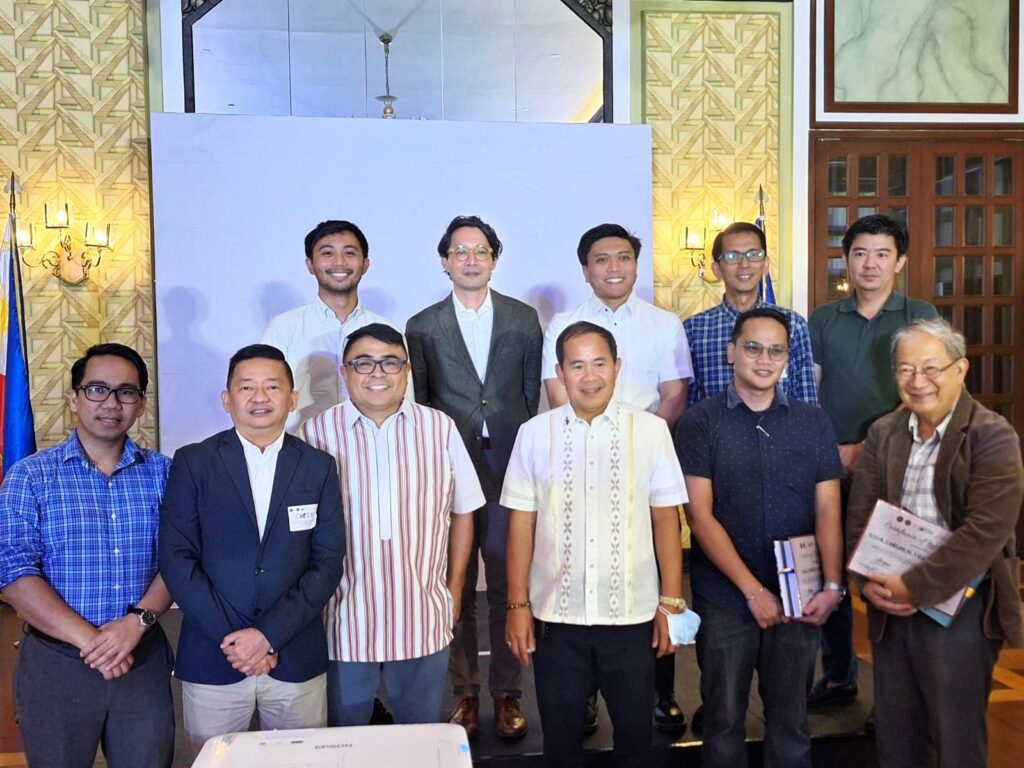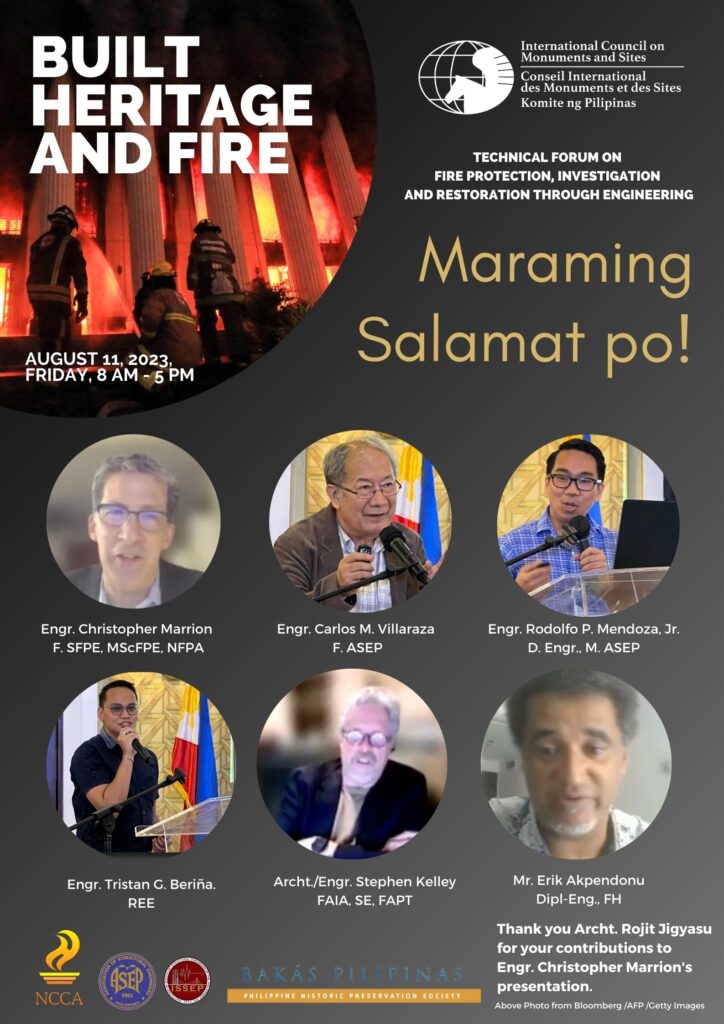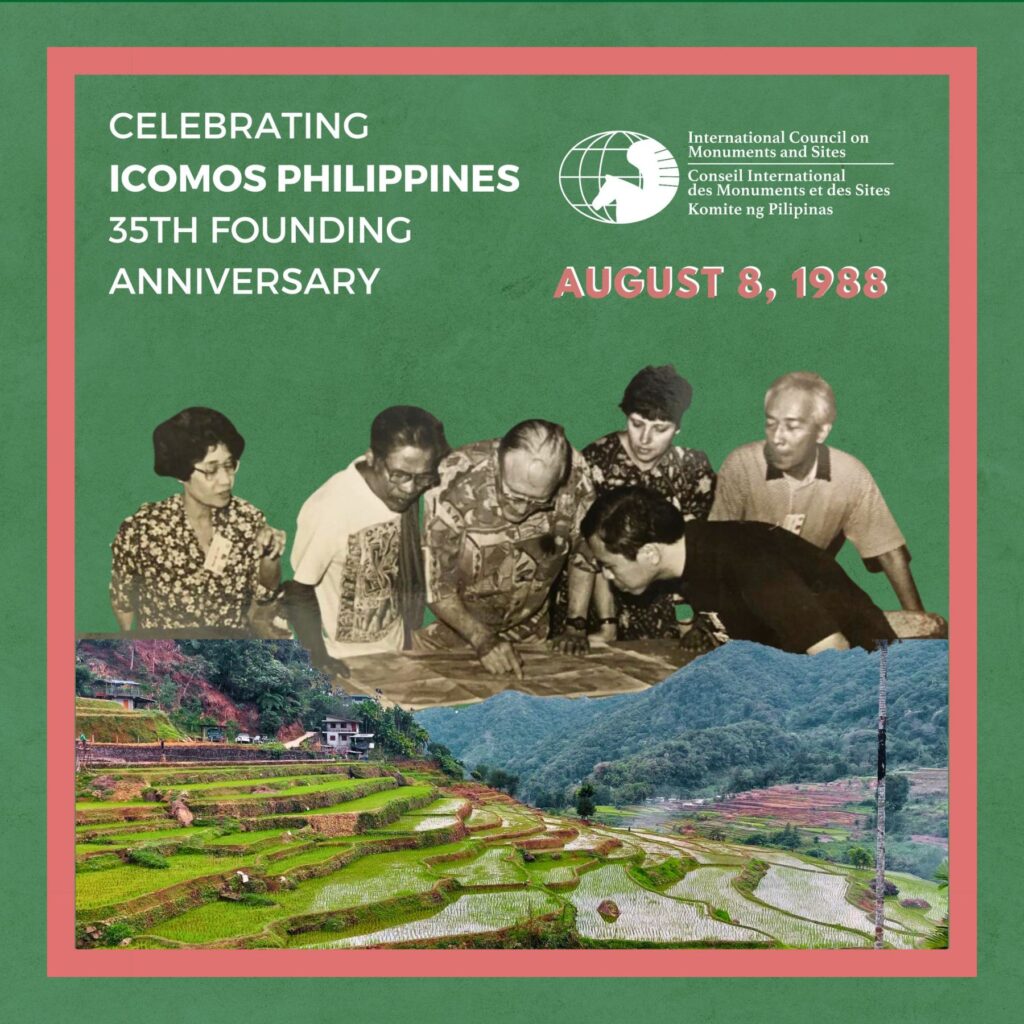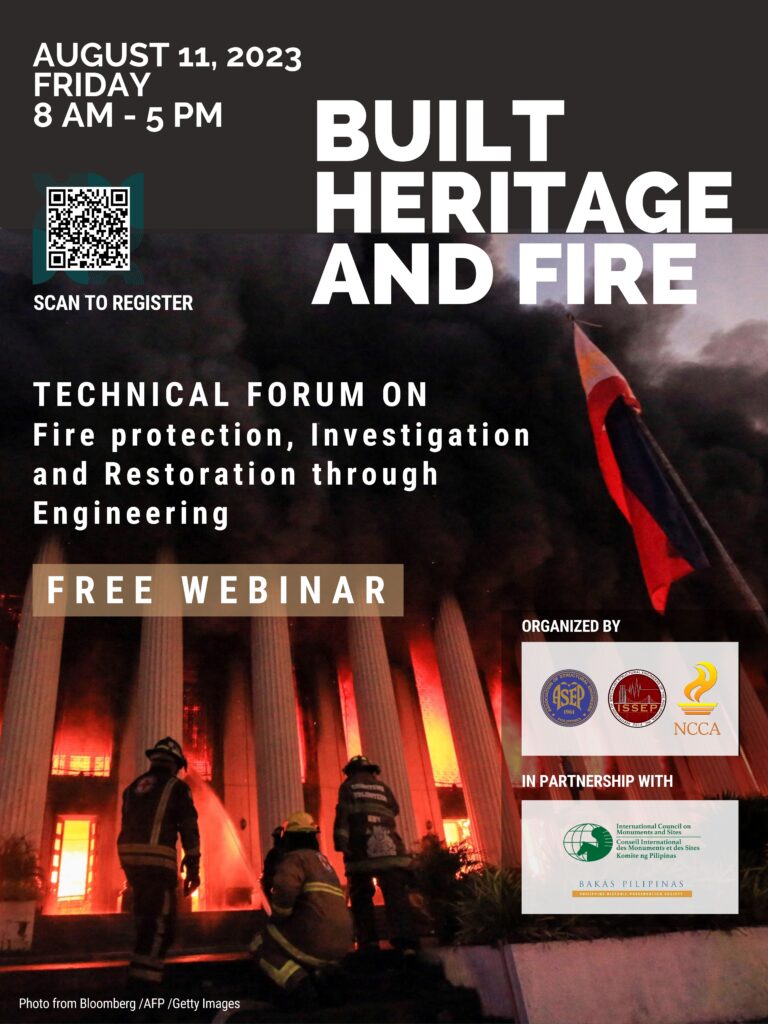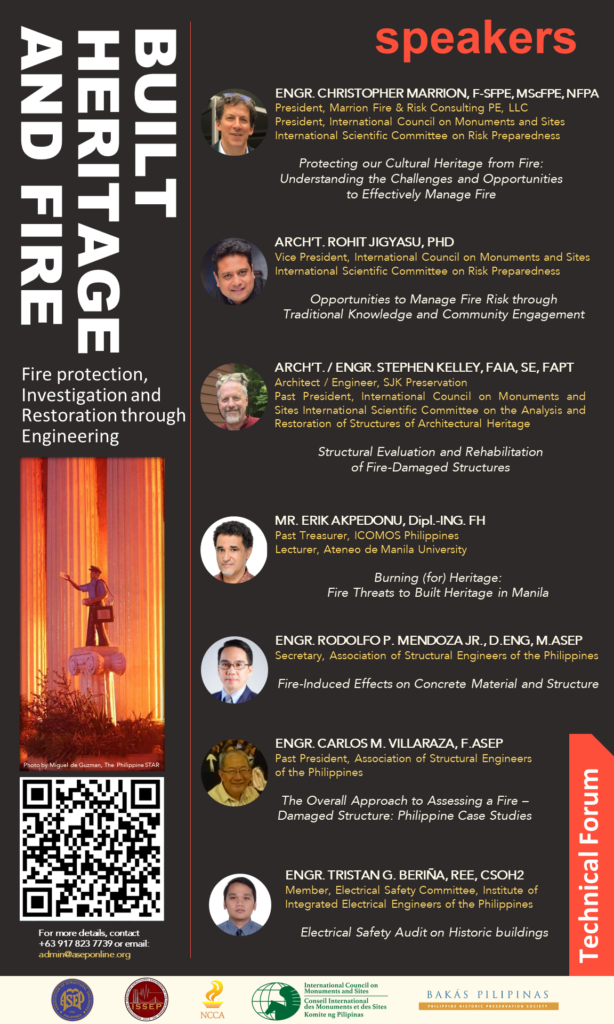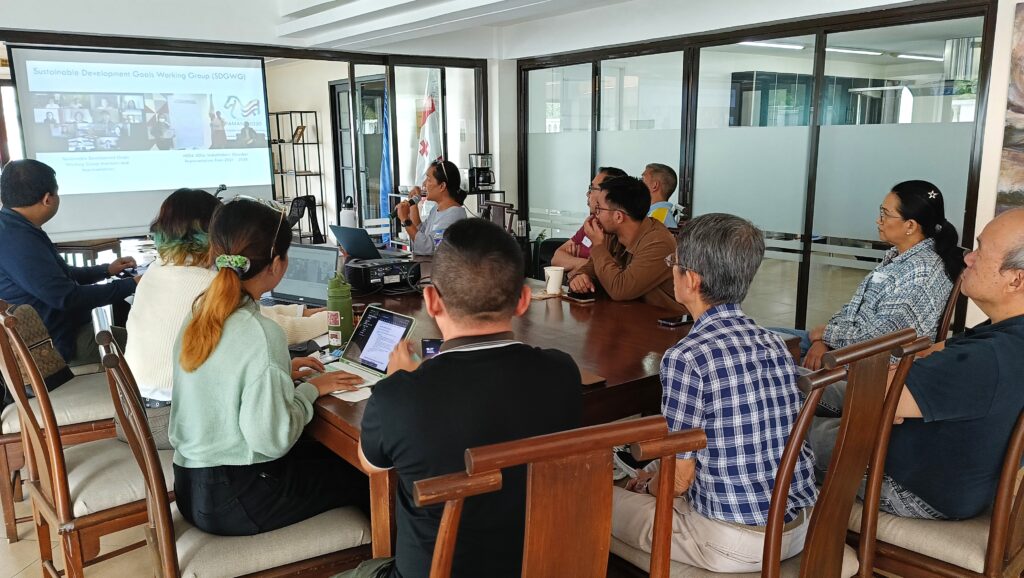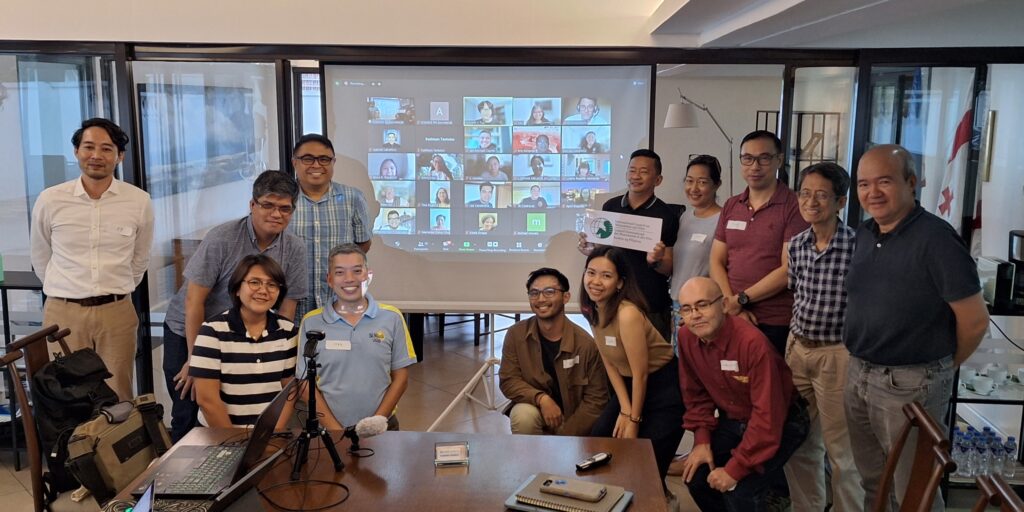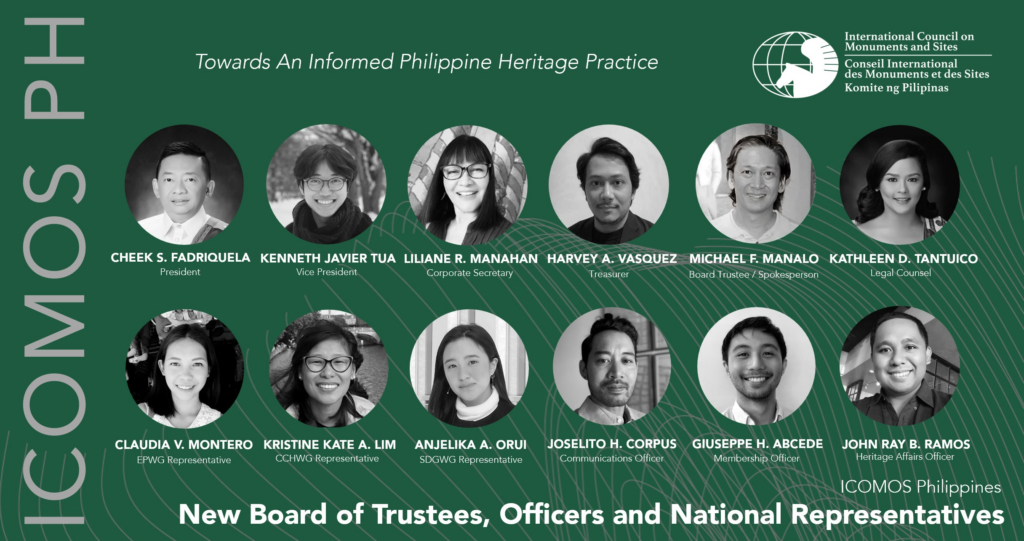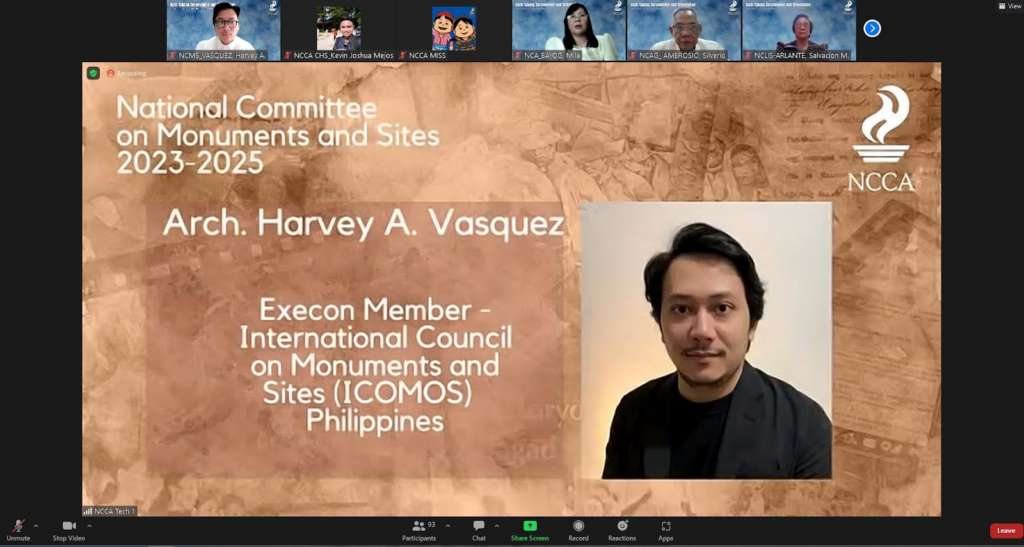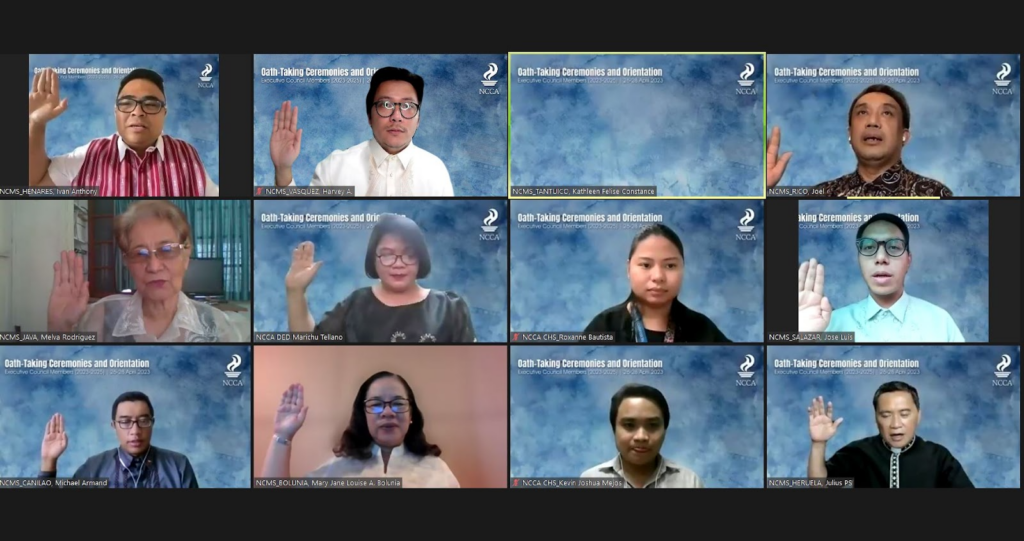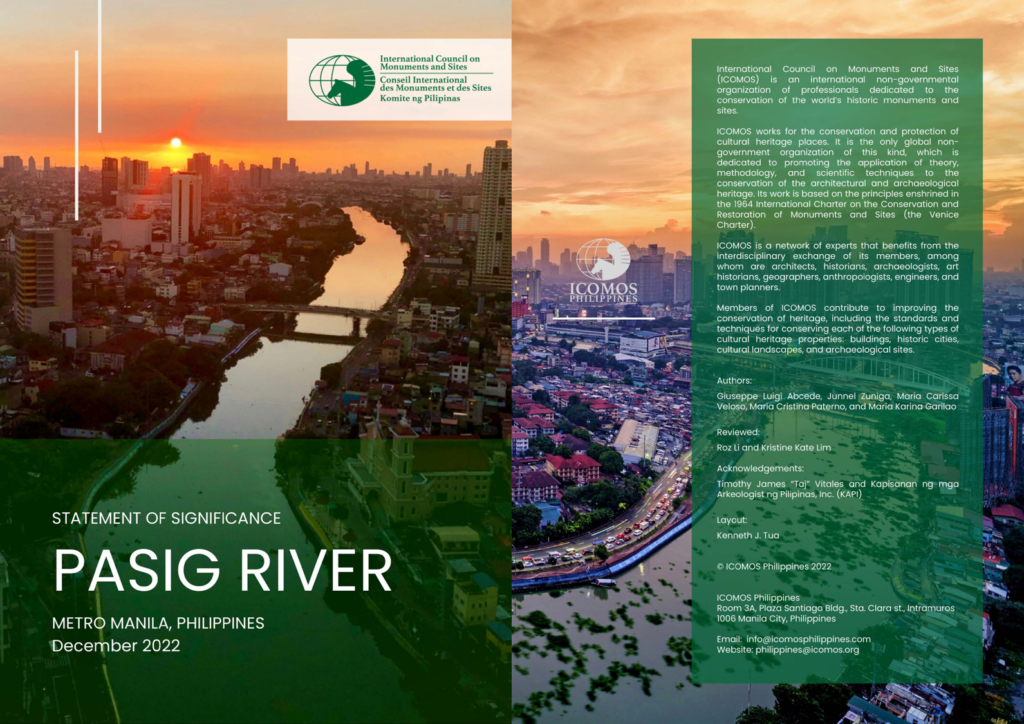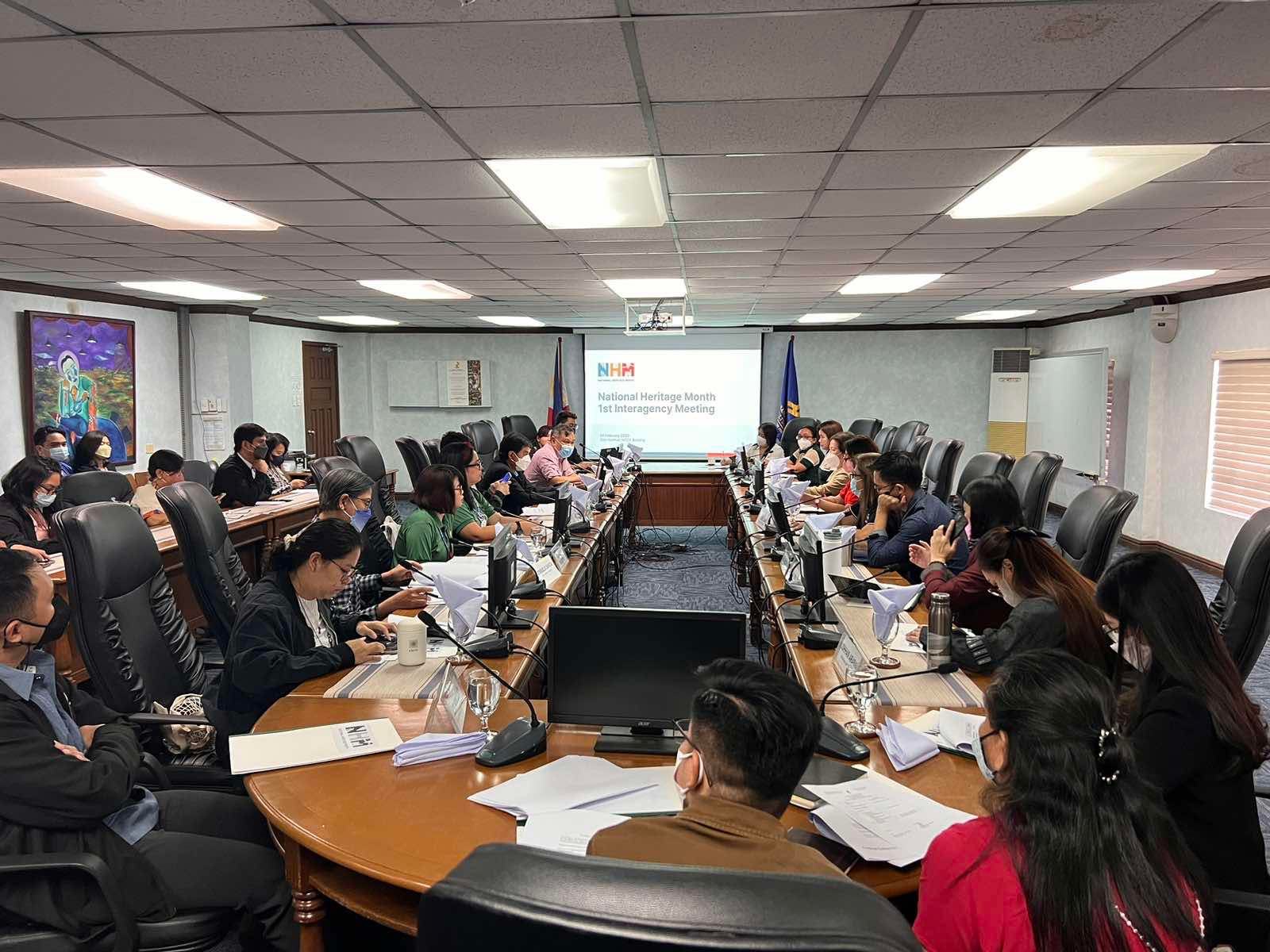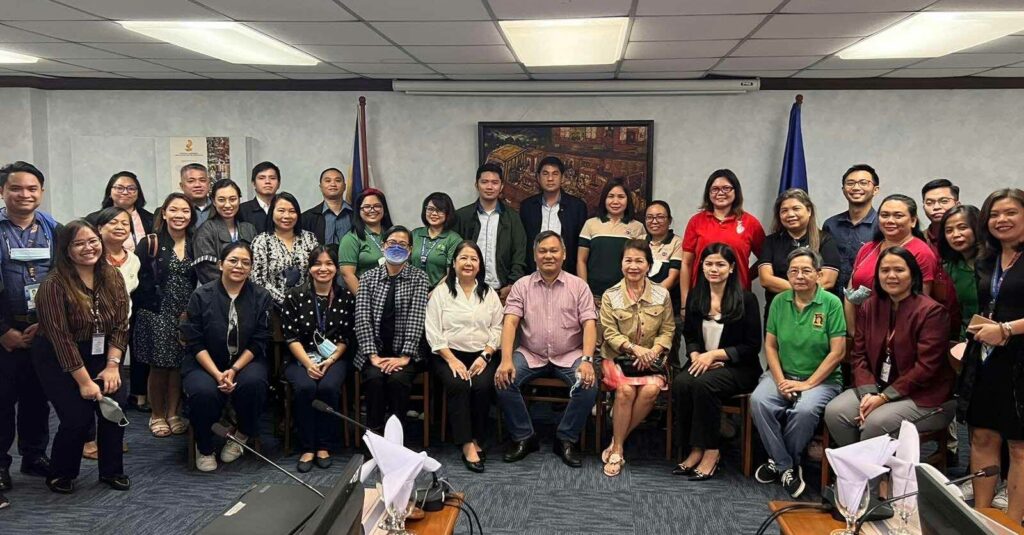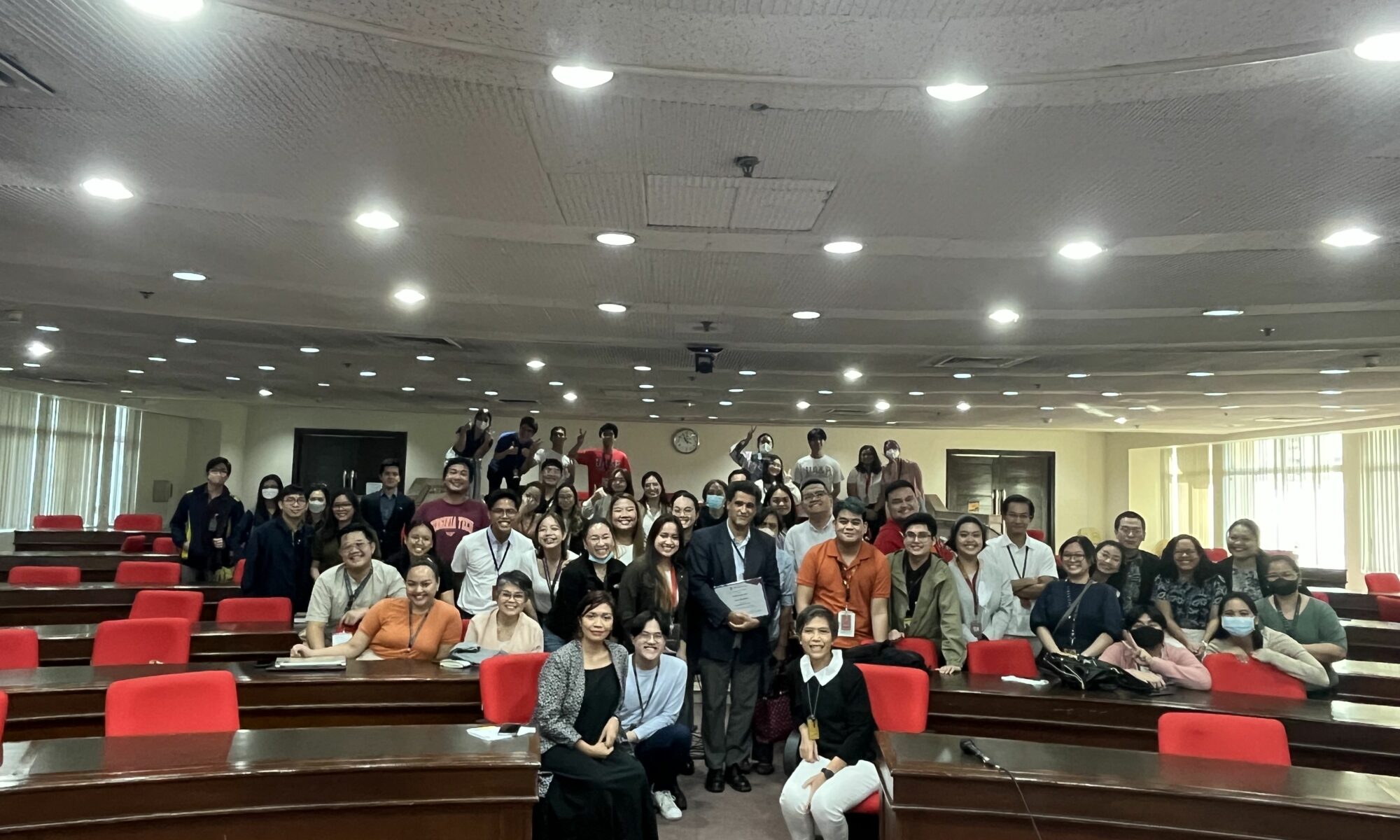ICOMOS Philippines advocates for best heritage practices, and to realize this goal, ICOMOS Philippines offers lectures and seminars to up-skill any interested individual who desires to gain more knowledge about the many disciplines and skill sets that comprise and contribute to the field of heritage conservation.
On September 21, 2023, ICOMOS Philippines won the 2023 Gawad Maestro Award as a Learning and Development Organization for the NGO category by the Philippine Society for Talent Development. Among the many initiatives, its Photogrammetry Field School was lauded by the said awarding body. The event was held in BNCC Hall, Savoy Hotel Boracay Newcoast, Boracay Island, Malay, Aklan.
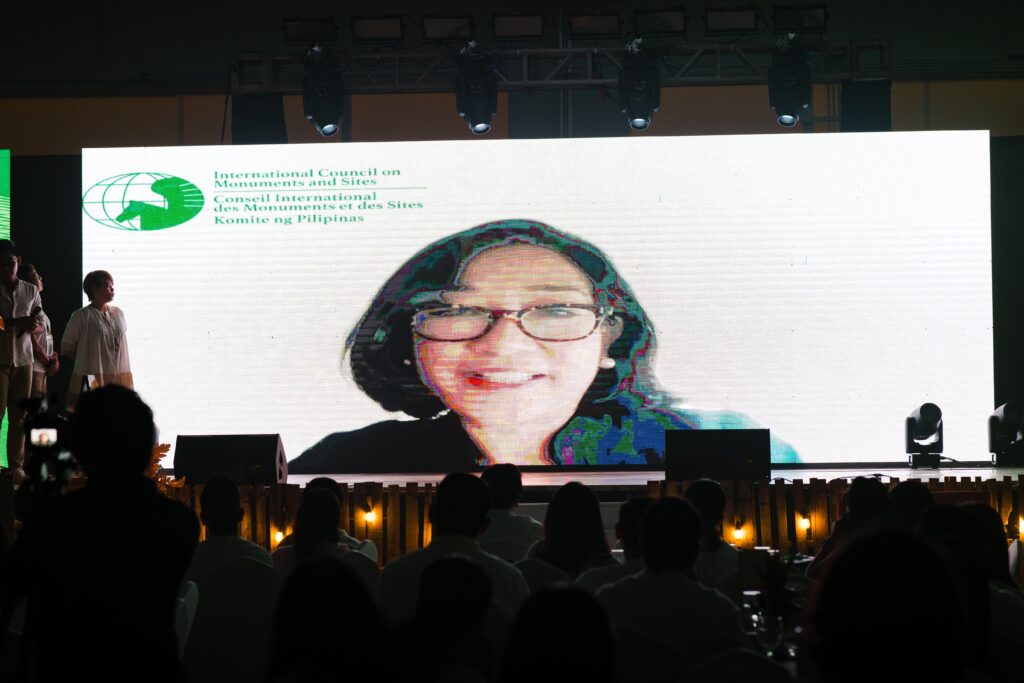
Photogrammetry is one of the many advanced technologies that is used for one of the most essential steps in conservation, the documentation of a monument or structure. It is highly accurate and is able to capture and measure structures from photographs. Although it can be used with simple tools such as a smartphone, it can be labor-intensive and requires a mastery of how to use the technology.
Knowing that this technology is fast becoming a standard practice and there was a lack of practitioners outside of Manila, ICOMOS Philippines offered the first photogrammetry program in the Philippines that was financially sustainable and inclusive of paying and subsidized trainees available across the Philippines.
After the completion of the field school, many participants felt empowered to be able to use the technology on their own. The post-evaluation revealed that 50% could document a room, and over 30% could document a building.
Four students passed on their skills to their communities through their own training programs. Three of the former students have become so adept at this technology that they now specialize in photogrammetry and have formed a non-profit, Limang Siglo.
We would like to extend our gratitude to the Philippine Society for Talent Development for recognizing ICOMOS Philippines as a Gawad Maestro awardee. We thank PTSD for celebrating this milestone with us for sending us this kind message: “Your organization’s journey serves as a shining example of what is possible when passion and talent are combIned with relentless determination. The contributions have not only advanced the Talent Development industry but have also inspired and paved the way for future generations in our field.”

